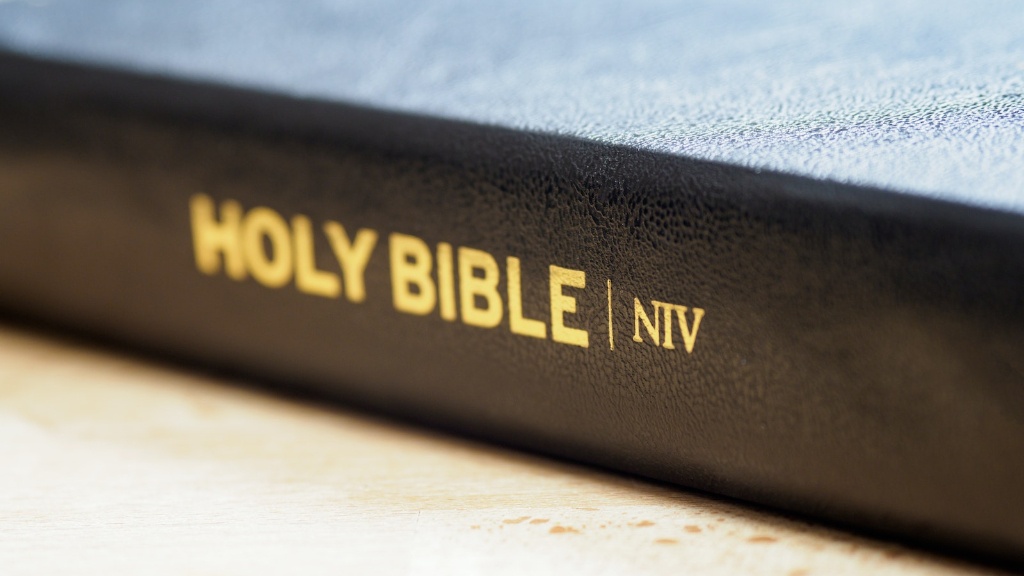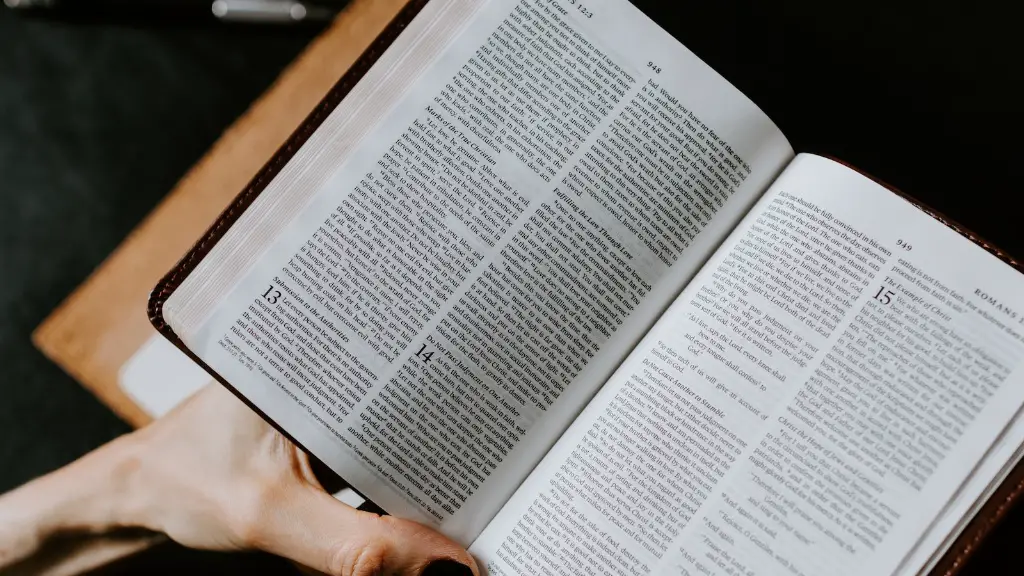What Is Cremation?
Cremation is a process of exposing a body to intense heat and flame, thus resulting in its combustion into ashes. It is an alternative form of disposal to traditional burial and can be used to deal with a deceased person’s remains. This method of disposal may have been practiced in certain parts of the world since prehistoric times. The modern-day concept of cremation dates back to the 19th century and is increasingly becoming a preferred option for disposing of a dead body.
What Does The Bible Say About A Cremated Body?
The Bible does not give a definitive answer as to whether cremation is permitted or not. This is because there was no practice of cremation during Biblical times. However, the Bible does give a few indications about cremation. In the Old Testament, it is written that the bones of Joseph were to be taken to the Promised Land and were to be placed in a coffin. This seems to imply that body or burial preservation was seen as an important practice.
The New Testament is also largely silent on the issue of cremation, however it does emphasis the importance of respecting the remains after death. For example, we find the story of Jesus’ friend Lazarus. He had been in the tomb for four days before Jesus decided to part the stone from the tomb and called him back from the dead. We are also told in the Bible that there is a resurrection of the dead, which implies that we should attempt to preserve the body as best we can.
Christian Perspectives On Cremation
There are various views across Christianity as to whether cremation is seen as a respectful form of disposing of the body. Generally, Catholic and Eastern Orthodox denominations are against cremation and prefer traditional burial, while Protestant denominations are open to either method. Generally, Christians that support cremation argue that it is a personal choice and should be supported if the deceased wishes it.
Some Christians argue that the body should not be cremated as they believe the body is a temple of the Holy Spirit and should be respected. Some believers argue that we should show respect to the body as it is a part of our Christian identity and because of the potential for future physical resurrection. It is important to note that in some cultures and religions, cremation is seen as compulsory and unavoidable.
The Effects of Cremation
Cremation may be seen as a more eco-friendly way of handling a person’s remains as compared to traditional burial and coffins. Cremated remains do not take up space in the ground, thus preserving land and reducing the need for landfills. Additionally, it releases less greenhouse gases than traditional burial and requires fewer resources such as woods and metals.
Cremation also allows for the remains to be kept in an urn or special keepsake at the home of the deceased. This allows the survivors to keep their loved ones close and provide them with a sense of comfort.
Alternatives to Cremation
Besides cremation, there are various alternative ways to handle the remains of a deceased. Traditional burial with a casket is the most popular way of disposing of remains around the world and is recognised by most religions. Apart from that, another option is to donate the body to science so it can be used in medical research to help advance medical science, thus helping benefit humanity.
Another option is natural or green burial, where the body is buried without any sort of shroud, casket or liner. Natural burial respects the environment by using natural materials for a biodegradable casket and not using embalming products or artificial compounds. Additionally, the graves are not marked in any way, with the intention that nature may be allowed to reclaim the space.
What Is the Optimal Response?
Ultimately, the key question comes down to what is an optimal response to a loved one’s death. In most cases, it is best to respect the deceased’s wishes. For example, if the deceased had requested to be cremated, then that would be seen as being the most respectful thing to do for them. That being said, all decisions should be made with respect for religious convictions, feelings and personal beliefs of the deceased and the survivors.
Does Cremation Affect the Soul of the Deceased?
Many Christians feel that cremation does not affect the soul of the deceased, as the soul departs the body upon death. This may be seen as a sound argument, given that the soul and body are considered two separate entities by many Christians. That being said, some Christians feel that the body should still be respected and treated with reverence to honour the life of the deceased.
Ethics With Regards to Cremation
Regarding cremation, ethical considerations should be included in the decision-making process. For example, while certain practices may be legal, they may still be seen as unethical or disrespectful. Forced or coerced cremation should be avoided, and survivors should be informed of their right to opt-out if they feel uncomfortable with the decision. Additionally, religious and cultural beliefs should be taken into account when deciding on an appropriate form of disposal for a deceased’s remains.
Conclusion
Cremation is becoming increasingly widespread as an alternative method of disposing of the deceased’s remains. However, there is no definitive answer from the Bible as to whether this form of disposal is permissible or not. Ultimately, the choice to cremate should take into account moral and ethical considerations, as well as the wishes of the deceased. Furthermore, alternatives to cremation, such as burial and donating the body to science, should be taken into account when deciding on an optimal way of disposing of the body.


